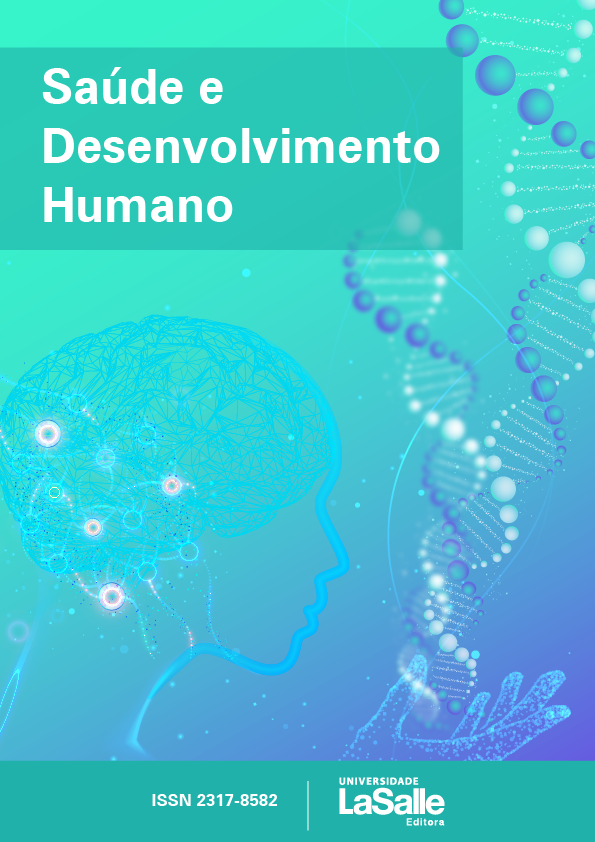Body Painting and Peer to Peer as teaching and learning tools in the knowledge: A cohort study
DOI:
https://doi.org/10.18316/sdh.v9i1.5953Keywords:
Body Painting, Peer to Peer, Living anatomy, Health Sciences, EducationAbstract
Introduction: Body Painting and Peer to Peer are tools used with the purpose of improving the teaching-learning process in higher education, where the student is the main agent, assuming an active role and reframing learning for future professional life.
Objective: The aim of this study is to describe the use of Body Painting and Peer to Peer as teaching and learning tools in the knowledge axis of Human Structure and Function for health courses and its effect on grades and the need for further examination.
Method: A 3-year-old cohort study, where students from a university center were followed while studying the curriculum components of human morphology and body systems.
Result: 3980 students from health courses participated in the study. They were monitored during 2014, 2015 and 2016, in the axis of structure and human function. There has been a gradual reduction in the need for the final exam of 332, 183 and 124 over the years. We can also see that the average number of students who did not need a final exam increased from 7 to 8 and 9.
Final Considerations: Students performed better by reducing the number of failures in subjects. Thus, the use of Body painting and peer to peer as a teaching-learning tool in the Structure and Function axis demonstrated better student achievement, contributing to the effective academic formation and the construction of professional knowledge.
Downloads
Published
Issue
Section
License
Authors who submit their manuscripts to be published in this journal agree to the following terms:
- Authors retain copyright and grant the journal right of first publication with the work simultaneously licensed under the Creative Commons Attribution License that allows the sharing of work and recognition of its initial publication in this journal.
- By virtue of the articles appearing in this open access journal, articles are free to use, with proper attribution, in educational and non-commercia.


